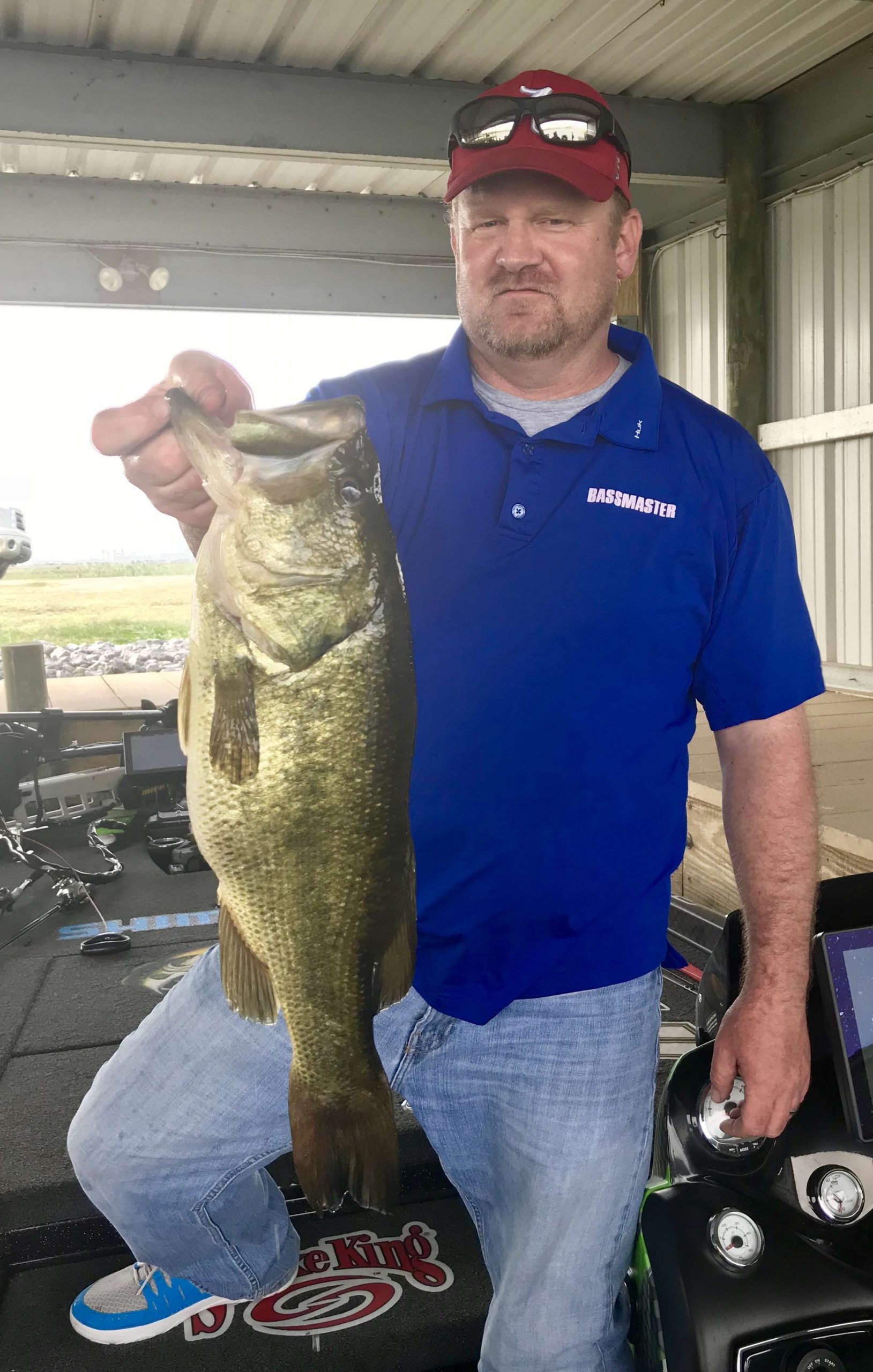Folks, we’re not oblivious to the discussion.
We understand some of you have had issues with certain anglers being referred to as “rookies” on the Bassmaster Elite Series through the years.
Just this season, California angler Brent Ehrler joins the Elite Series after winning more than $2.2 million and eight major tournaments during a decade-long career on the FLW Tour.
But he’s a rookie.
At age 44, Tennessee angler Brandon Coulter has fished 15 events with B.A.S.S. and 70 with FLW Outdoors, winning more than $300,000.
But he’s a rookie, too.
They’re labeled “rookies” because the term doesn’t refer to their age, career mileage or how many checks they’ve deposited. The term refers simply and exclusively to their level of experience on the Elite Series.
As of today, they have a grand total of none.
I’ve heard all of the arguments against calling these guys rookies, and I even agree with some of them to a point. But I still believe they should be classified as rookies because that’s just how it’s done in professional sports.
It’s how it’s always been done.
Just look at Major League Baseball.
Hideo Nomo joined the Los Angeles Dodgers in 1995 after a storied career in the Japanese professional league. His first year in L.A., he had a record of 13-6, finished second in the National League with a 2.54 earned run average and struck out 11 batters per nine innings to break a Dodgers’ single-season record previously held by Hall of Famer Sandy Koufax. He also started that year's All-Star Game, striking out three of the six batters he faced.
If he had been denied the National League Rookie of the Year Award because of his age or something he’d done in another organization, it would have been a travesty.
His success opened the door for a wave of experienced Japanese players in American baseball, including Seattle Mariners and New York Yankees great Ichiro Suzuki.
Remember Ichiro? He was a superstar in Japan for nearly a decade before winning Rookie of the Year and Most Valuable Player simultaneously in 2001.
Those guys weren’t new to baseball, but they were new to MLB – and thus, considered rookies.
The same is true for basketball players like Yao Ming and Ricky Rubio. Both players were well-established International pros before joining the NBA, but both finished second in the Rookie of the Year voting their first seasons in the league.
So while I understand the debate and the long list of comments we get beneath any story that describes someone over the age of 27 as a rookie, I have to wonder what folks think the qualifications should be.
Should it be a certain age?
If so, Coulter, who describes himself as a “gray-bearded rookie,” would be out. I think that would be a shame.
Should it be a certain career earnings total?
Should guys like Ehrler really be excluded from the Rookie of the Year race because they’ve been wildly successful somewhere else? That doesn’t seem right either.
Should it be a certain number of tournaments they’ve fished? If so, which tournaments?
I think there are a lot of arguments you can make. But in the end, it all comes down to how many tournaments an angler has fished on the Bassmaster Elite Series.
For the dozen new anglers competing for the Elite Series Rookie of the Year Award this year, until the season-opening event on the Sabine River in Orange, Tex., March 19-22, that number is zero.

